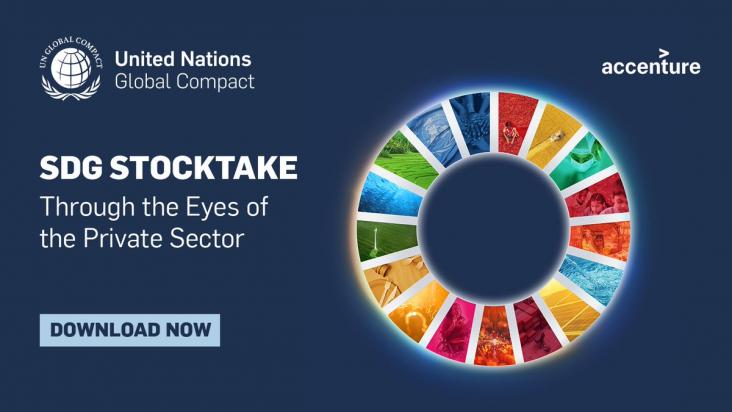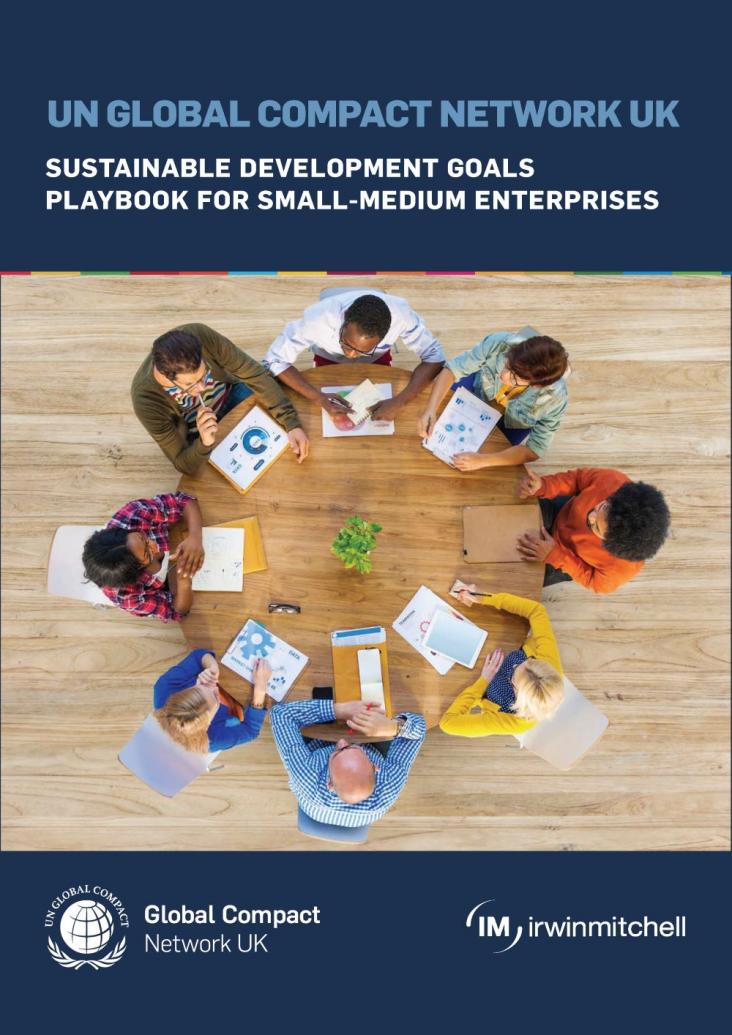Global citizenship is a key response in contemporary higher education which aims to prepare students to address present and future challenges. This study outlines the design, international virtual collaboration, for an undergraduate course to develop students' global citizenship competencies. International virtual collaboration works as an open-source instrument that provides an inclusive, equitable and low environmental impact solution to the internationalization of university students at home. The authors explain an iterative Participatory Action Research methodology to develop and enhance the present and anticipated positive societal impact of the course.
The article highlights that while consumer awareness of sustainable food packaging disposal is growing, confusion around packaging symbols and mixed-material disposal persists, hindering effective recycling. Using quick, engaging quizzes across all age groups at community events proved successful in identifying knowledge gaps and encouraging willingness to adopt better disposal practices. The study underscores the need for clearer labeling, improved recycling infrastructure, and coordinated efforts from schools, businesses, and government to support consumers in sustainable behavior changes. This work aligns with the UN SDG goals by promoting quality education (Goal 4), fostering innovation and infrastructure (Goal 9), and encouraging responsible consumption and production (Goal 12).




